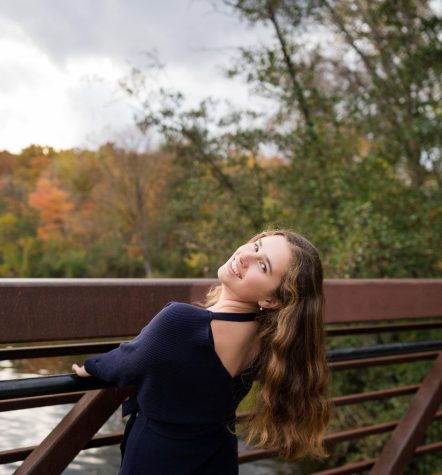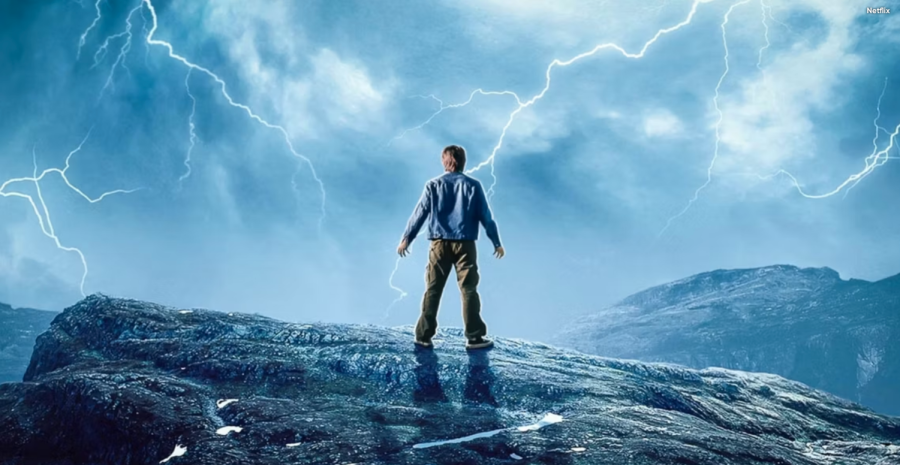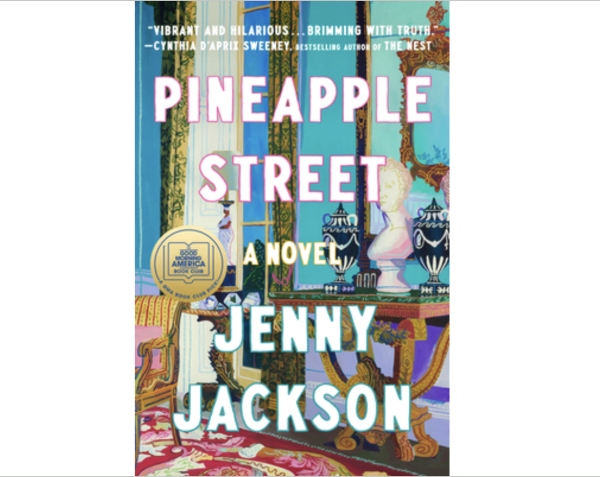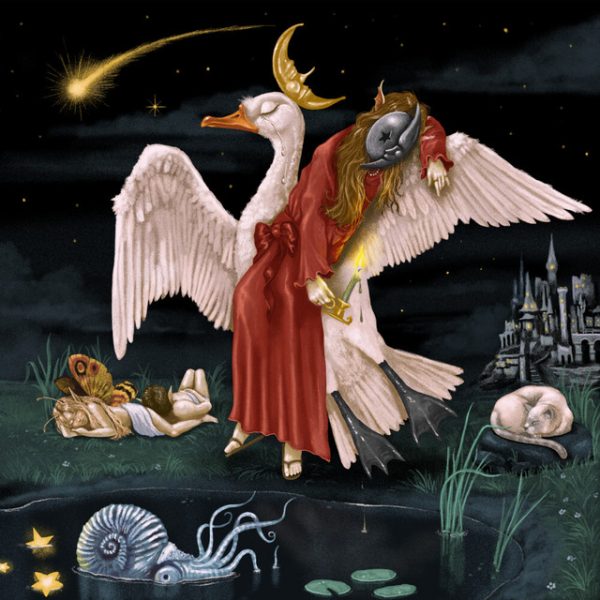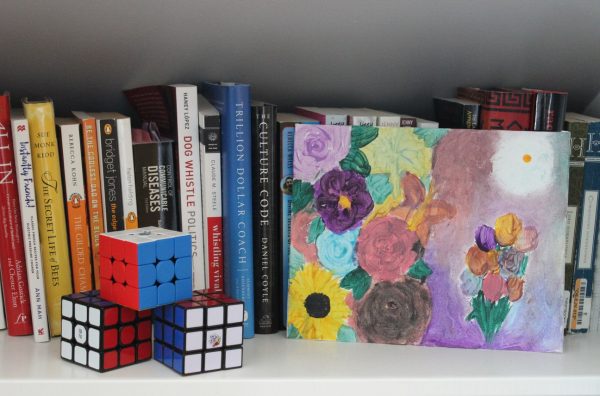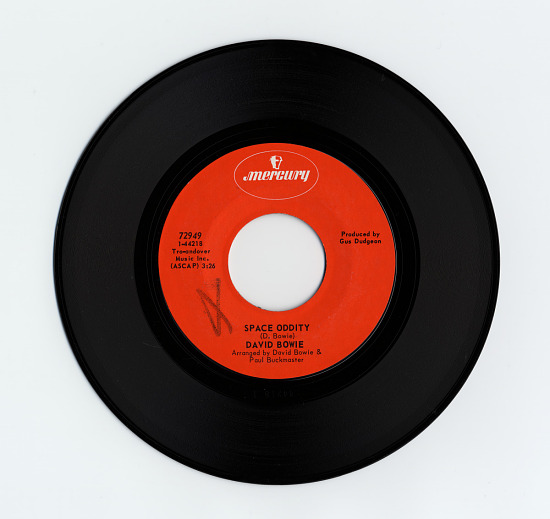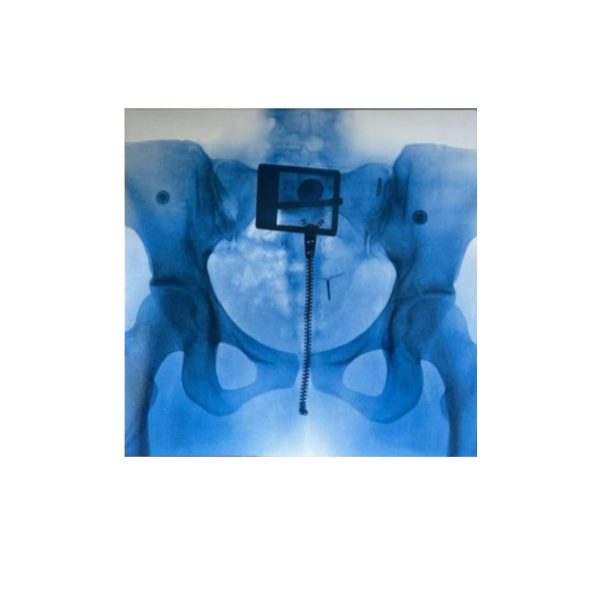“Ragnarok” Review
Full disclosure: I chose to watch the Norwegian fantasy “Ragnarok” as a sewing show.
As a dancer with a pile of pointe shoes to alter, I picked up the show as a good bad option from the quagmire of half-assed Netflix teen dramas, intending to have it on as noise in the background while I focused on my work. I had elastics to sew and fingertips to preserve: I didn’t need the distraction. When I found myself peeking up at the screen between stitches, though, finding myself invested between one ribbon and the next, I was shocked. I didn’t like shows like this— but apparently, I liked this one. “Ragnarok” is a fantasy drama, yes: but when it is at its best, it pulls you into so much more.
“Ragnarok”, a production filmed and produced entirely in Norway (and in Norwegian, at that: use subtitles, not dubs), has a plot familiar to any bookish child of the 2000s. Magne Seier, a kind but not very academic boy with a history of emotional issues, moves with his struggling family to Edda, a small town built around a metal refinery. But no sooner does he arrive in Edda than things start getting strange: when Magne is ‘awoken’ by the Fate who works at the grocery store, he starts experiencing visions and gaining inexplicable strength, all of it relating to the Norse gods and their prophesied apocalypse Ragnarok. When his friend Isolde is killed, Magne takes it upon himself to use his new Chosen One Status to make things right, no matter what.
The summary perhaps doesn’t do the show justice, but the idea is obvious. For the modern teenager raised on a diet of Harry Potter and Percy Jackson, it won’t be unfamiliar. This might be a point in its favor, actually: for those of you out there who wanted a “Magnus Chase and the Gods of Asgard” TV show as kids, this show wouldn’t be a bad approximation.
Even as the show plays into at least some of the archetypes of its genre, though, it subverts many more. Ragnarok, the end of the world, does not consist of epic clashes of armies or beating up on masses of CGI giants a la the Marvel movie of the same name. Instead, “Ragnarok”s Ragnarok is subtler and more insidious. In Edda, the Jotun giants are not lumbering figures swinging axes, but the very humanlike family behind the metal refinery slowly poisoning the town. Prophecy in the Voluspa aside, the giants do not set out to destroy the world intentionally: instead, they are rich opportunists who think only of themselves at the cost of the other people of the town and the climate they live in. They’re more realistic than any ten-foot blue monster, and in many ways scarier. There’s less hammer-swinging, more political maneuvering and double-speak threats. Magne, our Thor, is a good person and very much a hero, but for most of the series he’s alone and friendless, left to struggle as his peers and adults write him off. It’s a story of gods and the chosen ones who channel them, sure, but it’s that much more nuanced, and that much more interesting.
“Ragnarok” also ventures into a variety of social themes. Its characters struggle with predatory health insurance policies, mental health and prejudice both institutional and individual. They explore drugs and their sexualities, and many of the quieter interludes of the show are simply us getting to see these people figure out where they belong in the world. Even as hammers are forged and the old gods rise, much of the show is simply the characters’ lives. Shows made for 21st century teenagers often rise and fall on how they cover social issues— often, it’s shoehorned-in copy-paste rhetoric at best, Riverdale-style “in fifth grade, I dropped out to run drugs to support my nana” at worst— but “Ragnarok” surprised me with how delicate and genuinely insightful it could get. It’s interesting to see how the Norwegian setting changes the presentation of social themes, too: you could watch the show purely as a cultural artifact and be fascinated nonetheless.
There are moments when the show runs slowly, certainly, and some of the interpersonal conflict can occasionally feel contrived. But that’s hardly unique to this show— that’s the genre, baby. What I will say is this: among its fantasy-drama peers, with its surprisingly thoughtful themes and respectful gentle giant lead, “Ragnarok” stands a cut above.
My recommendation: watch it, though maybe not while you’re trying to sew.
